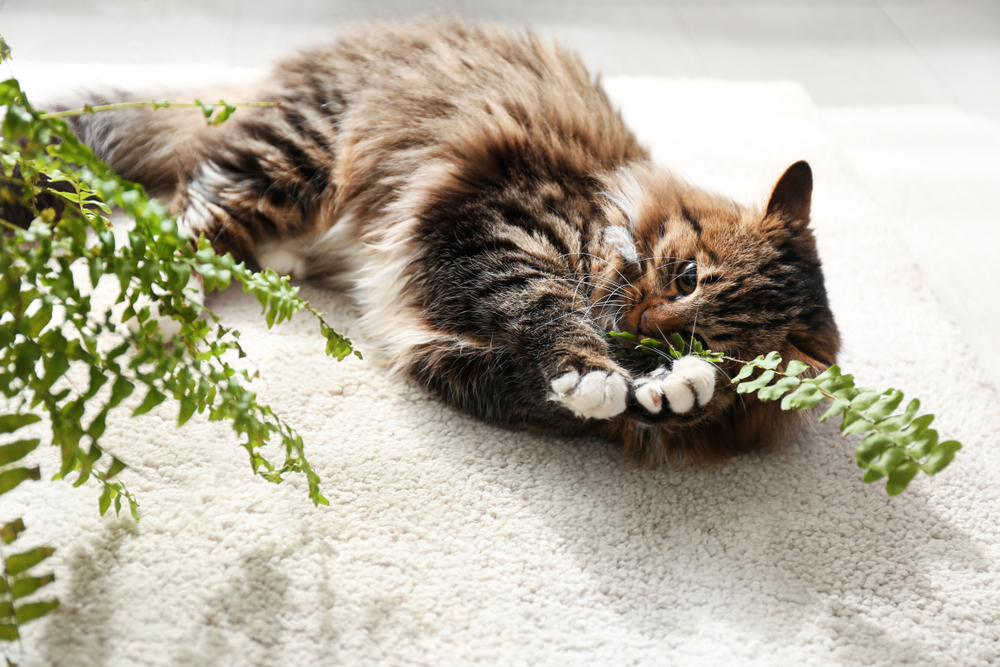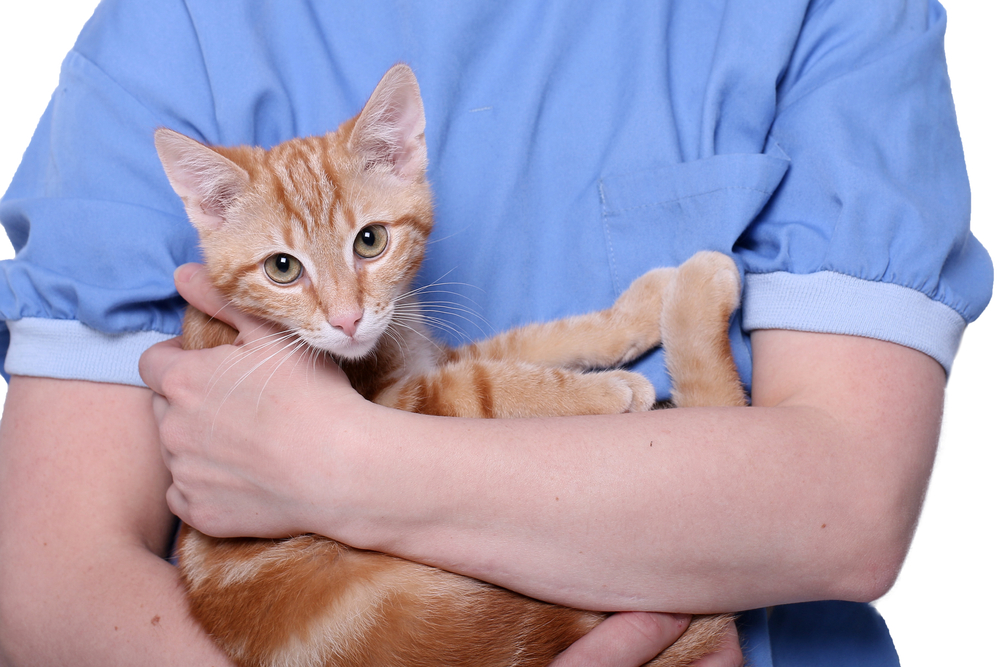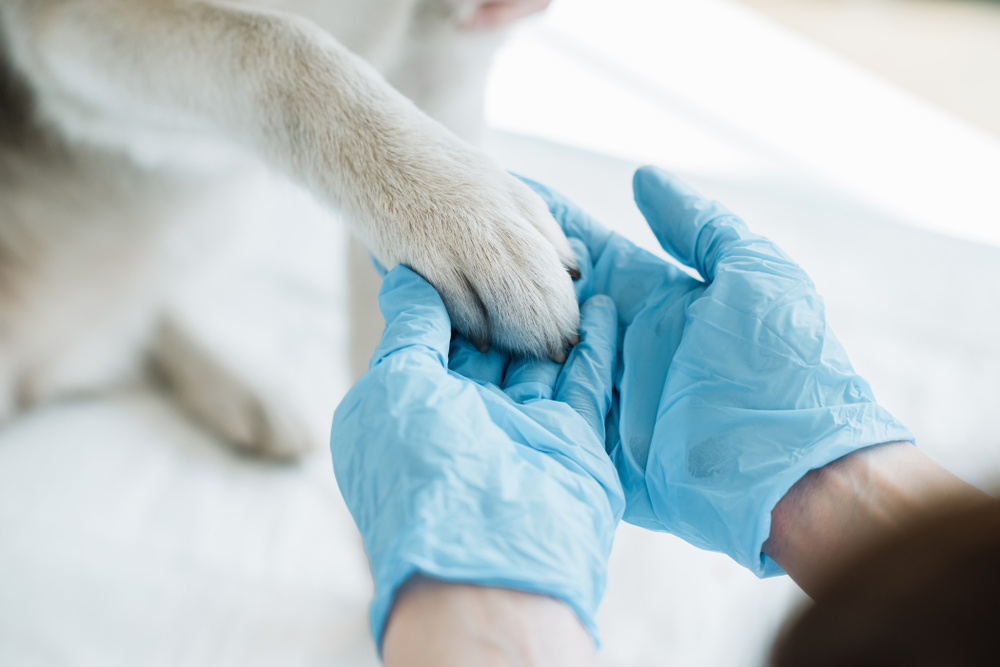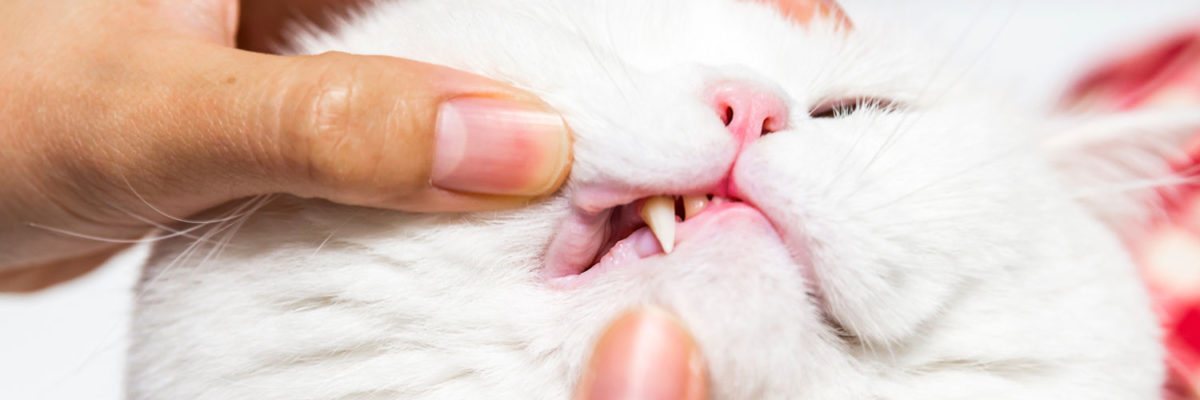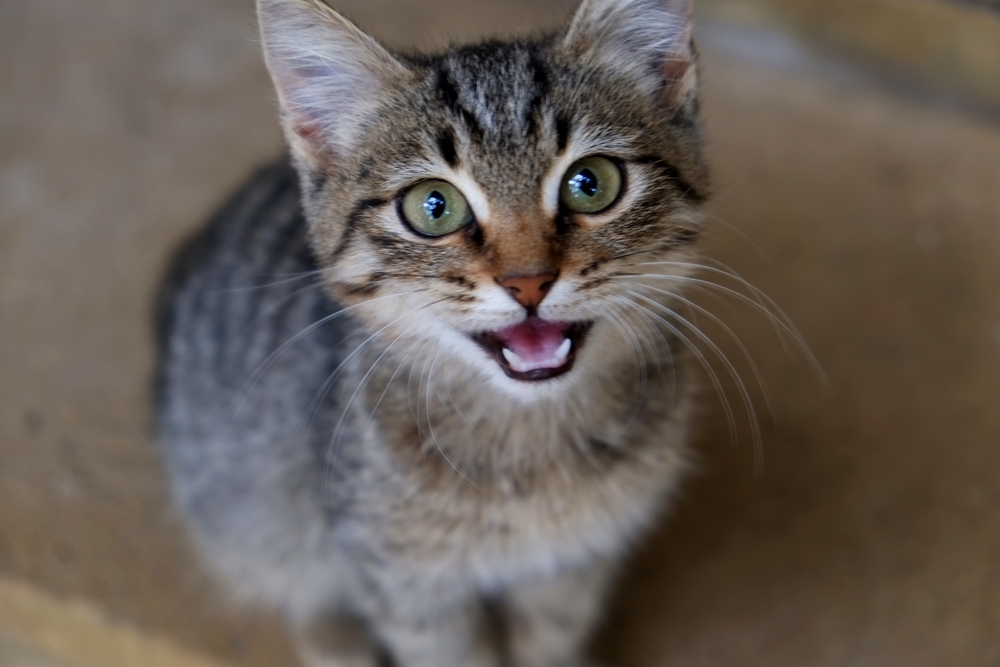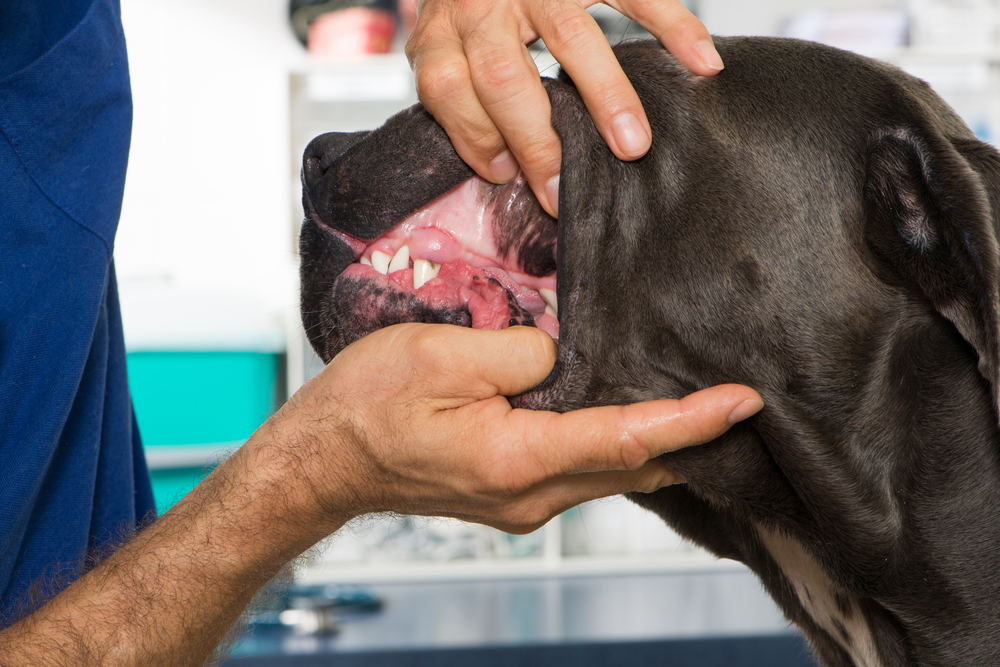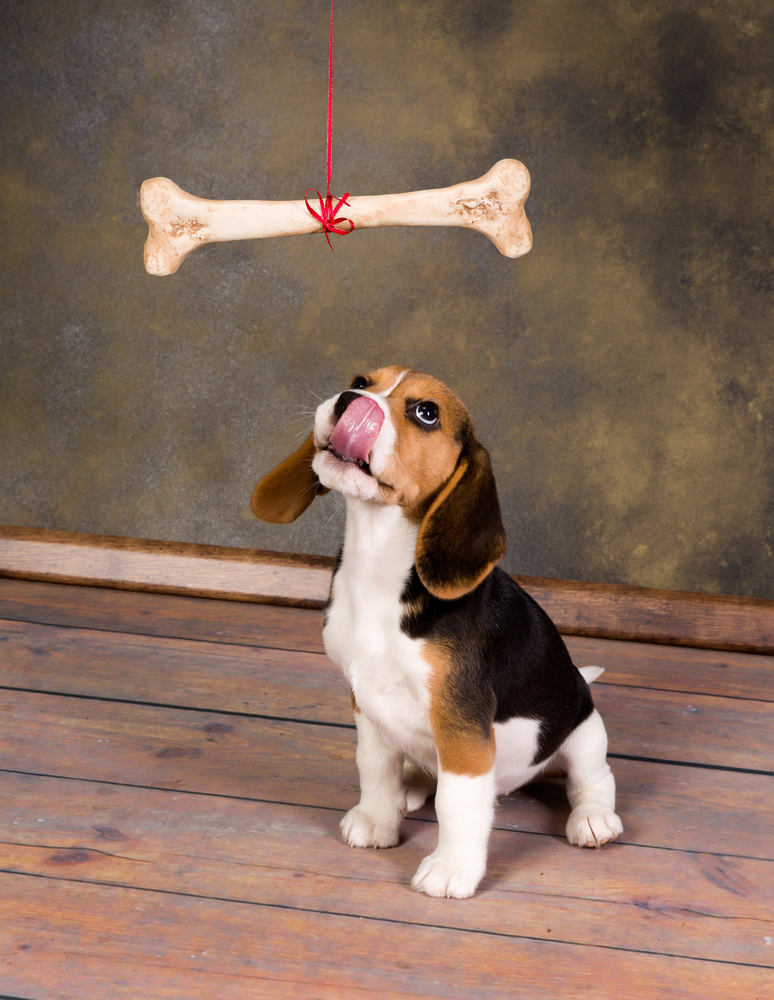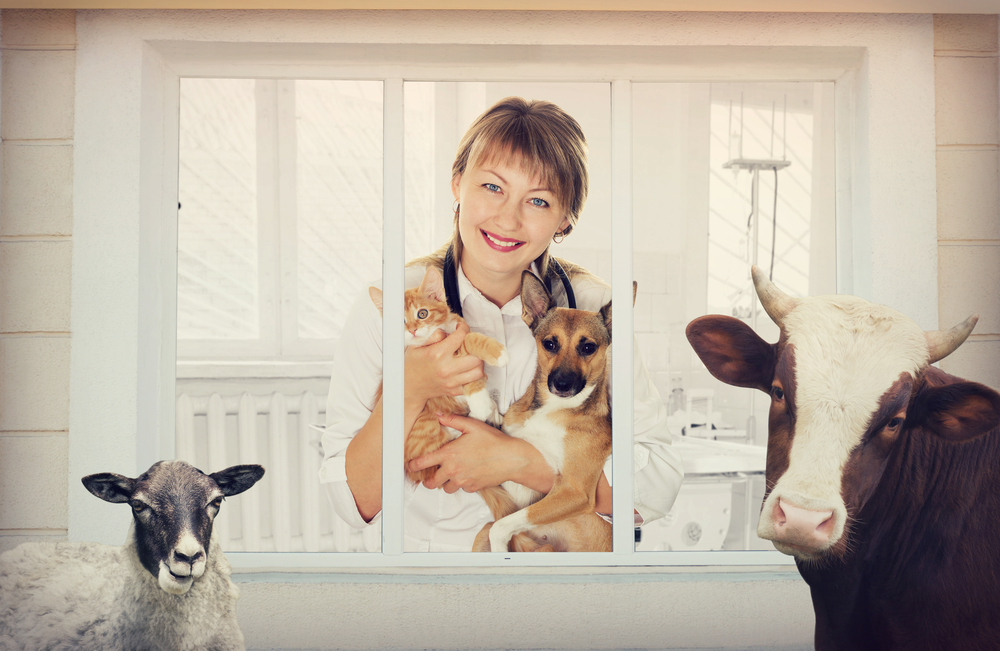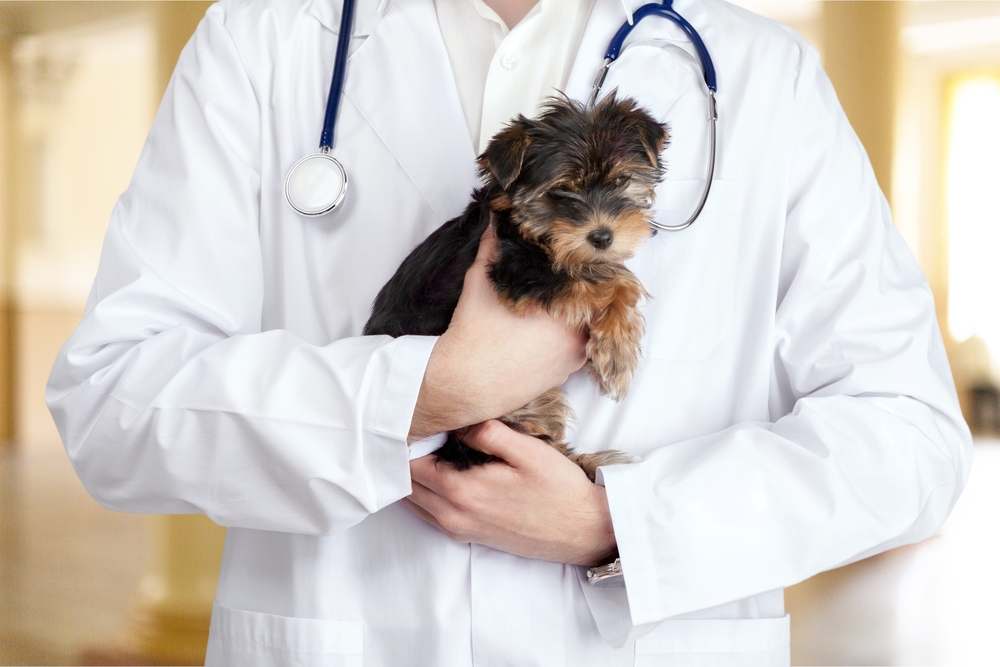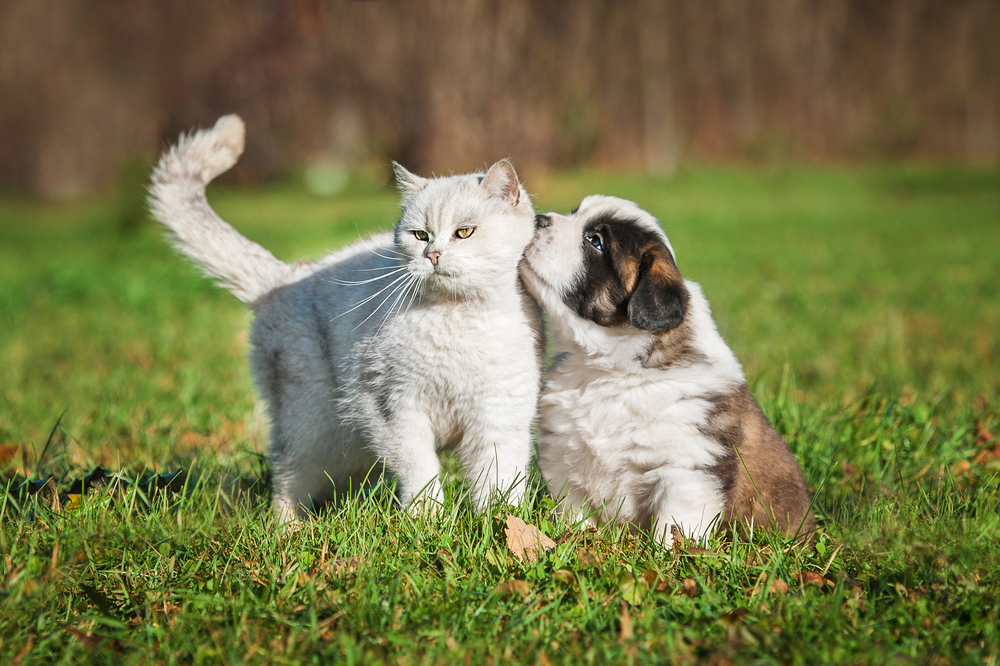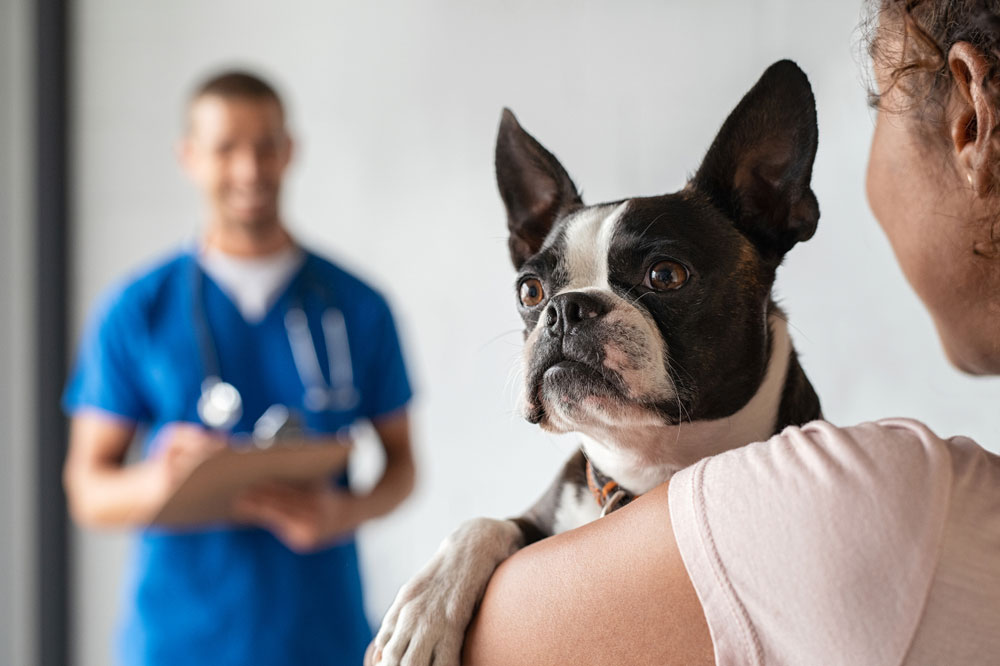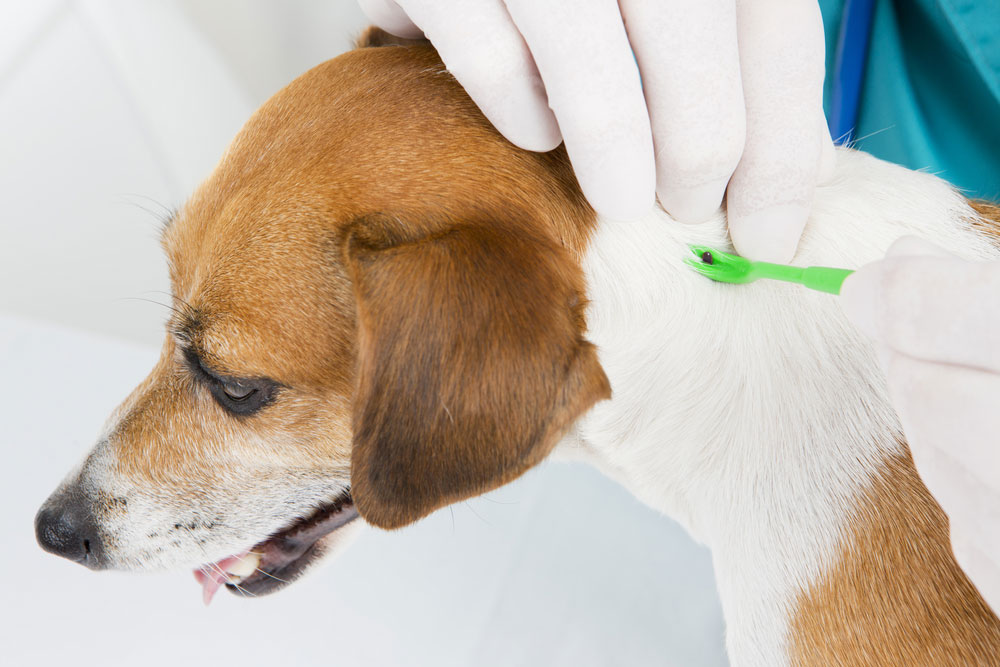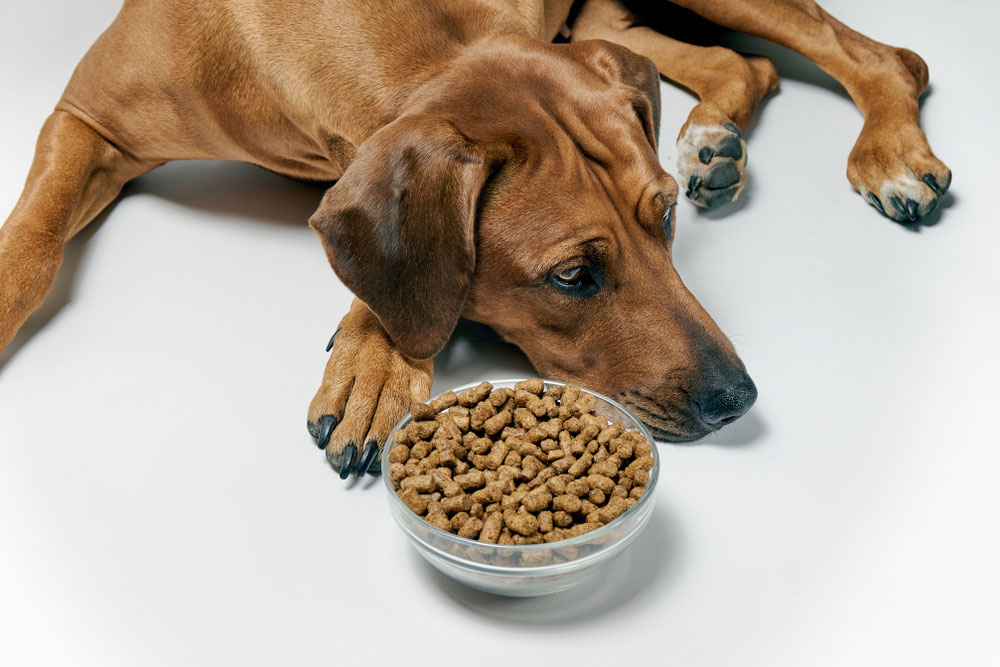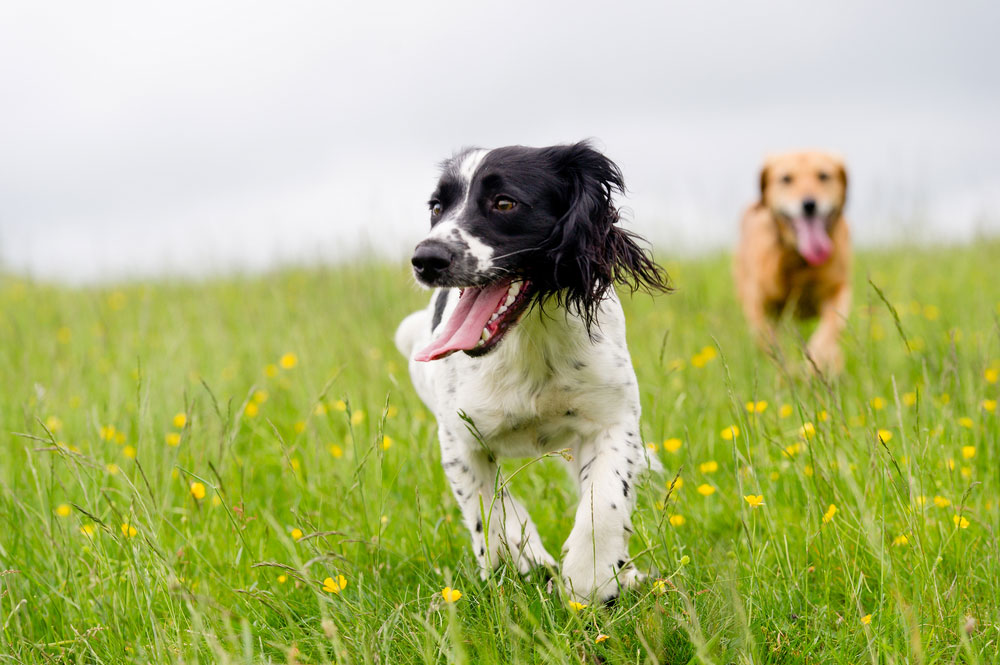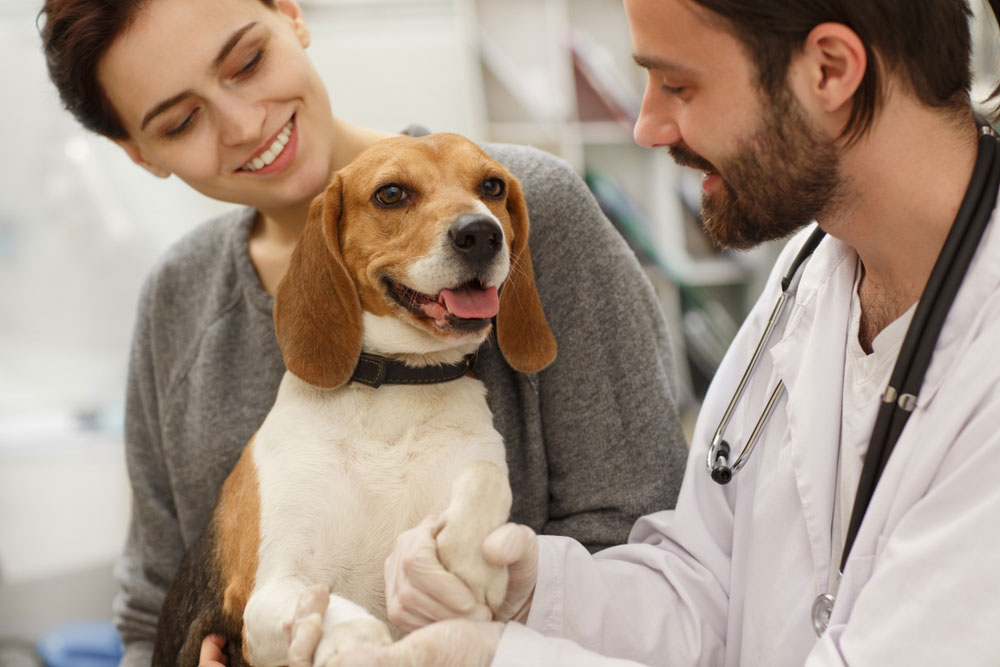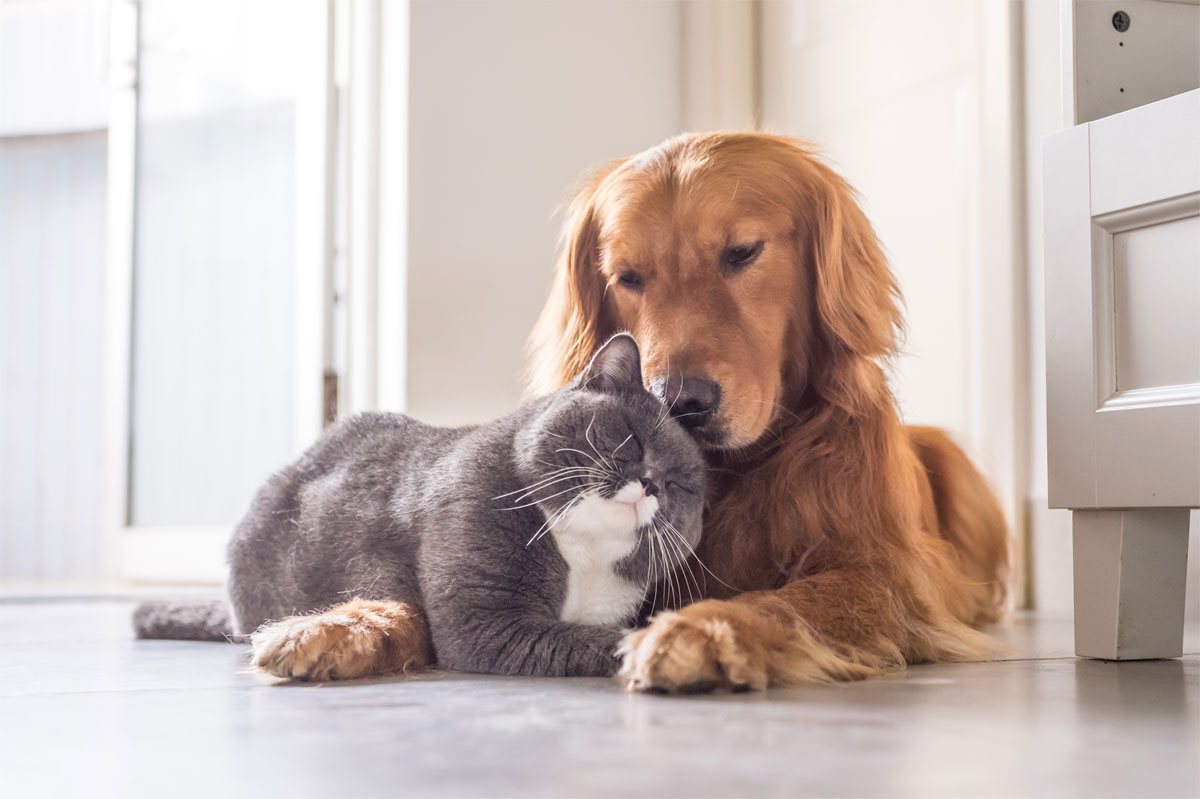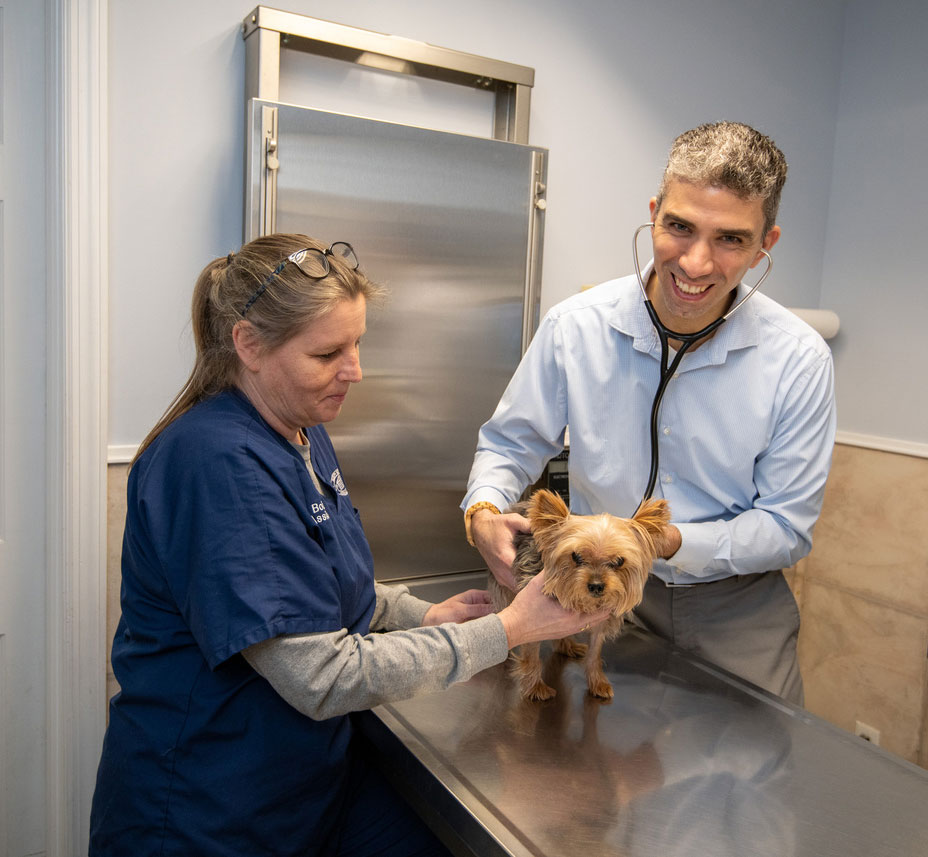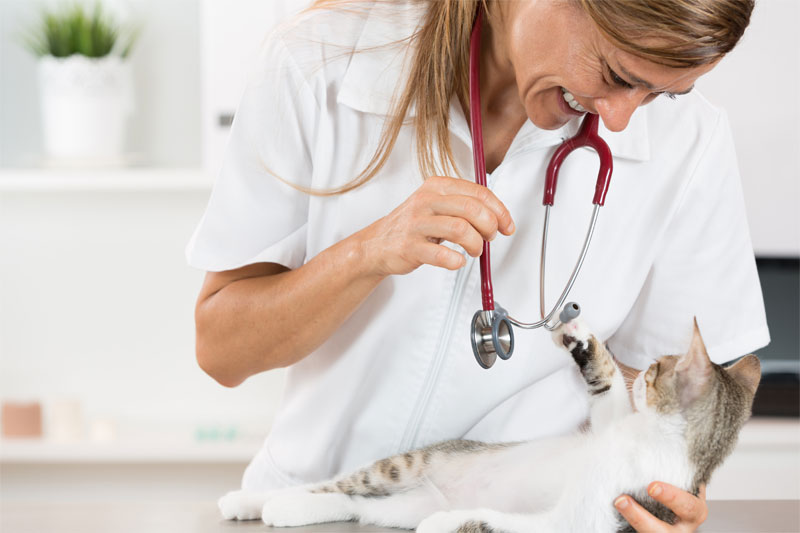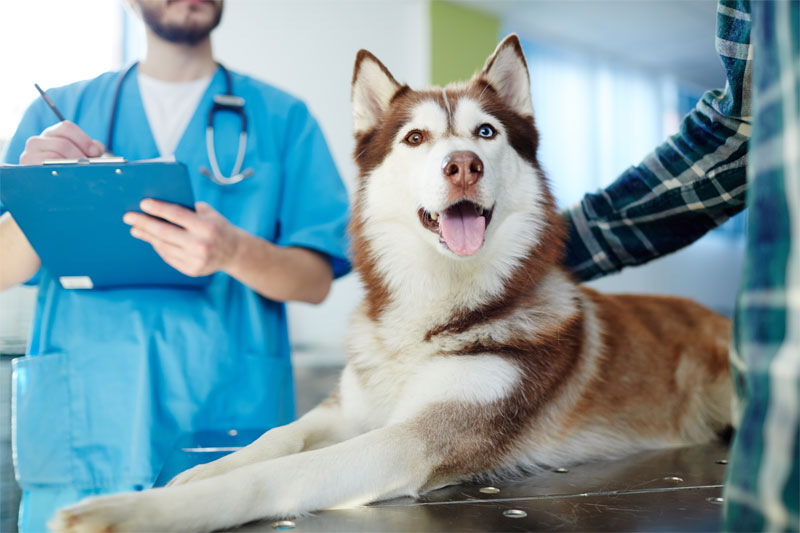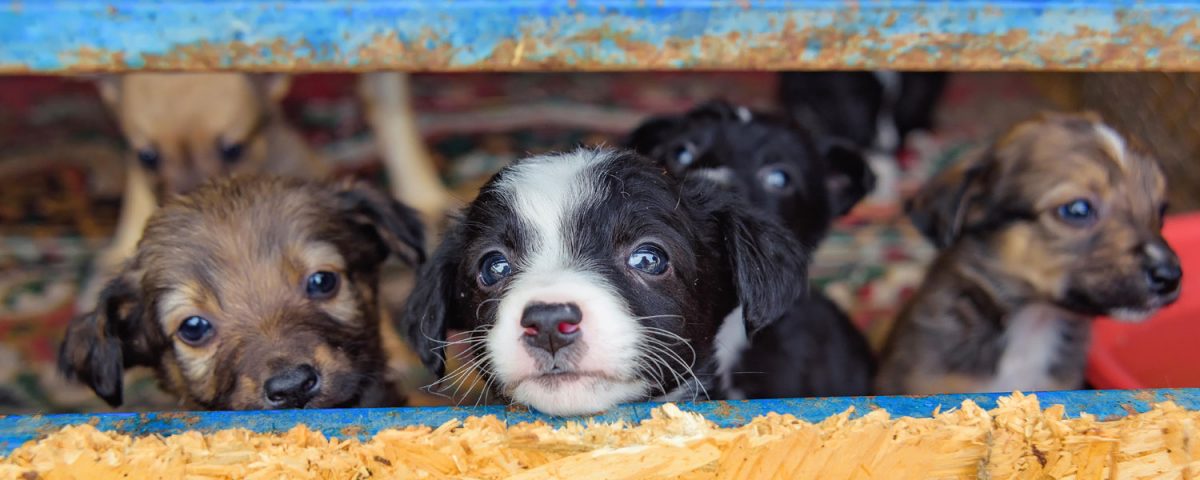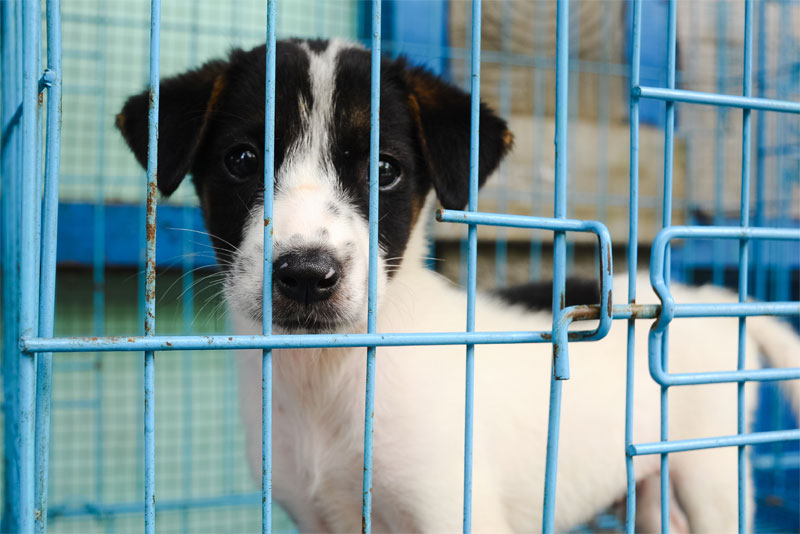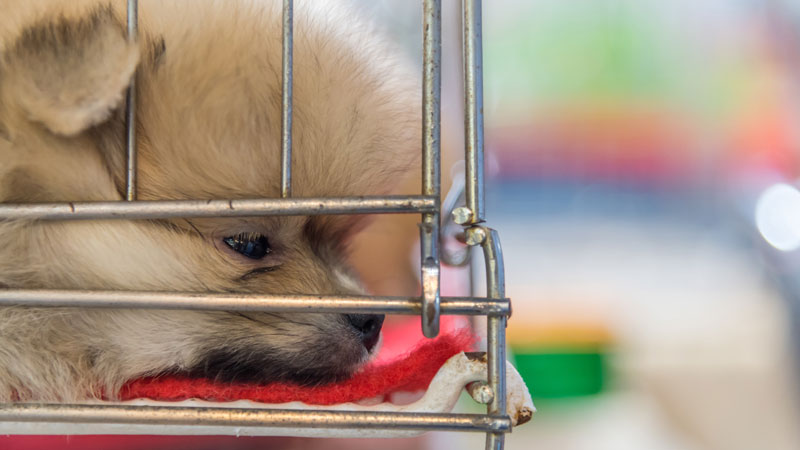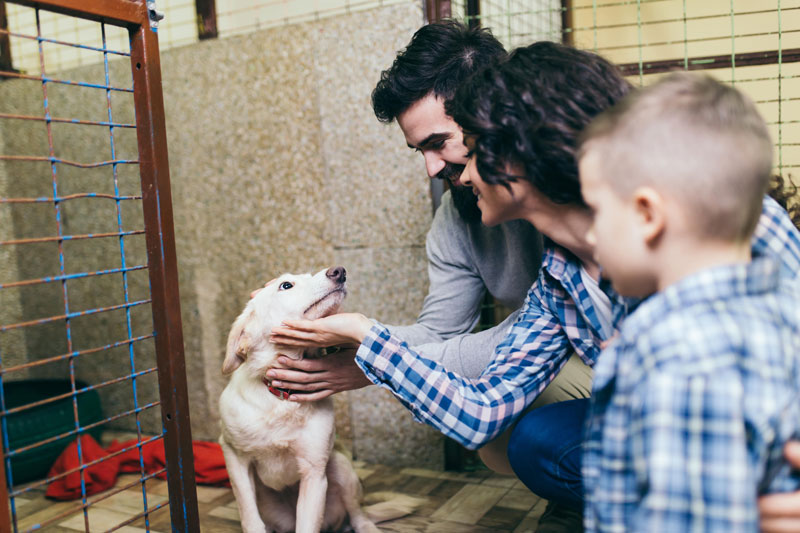
Is My Pet Overweight? Signs Your Pet Needs to Lose Weight
With their fluffy, round physiques, chubby pets have taken over the internet with cute pictures and their own social media accounts. “Chonky” pets, however, aren’t as cute as the internet would like you to believe. We love all animals and, of course, we think they’re all cute, but obesity is a serious health problem for cats and dogs.
Is My Pet Fluffy or Chubby?
According to a 2018 survey from the Association for Pet Obesity Prevention, an estimated 56% of dogs and 60% of cats in the United States were either overweight or obese.
To determine if your pet needs to lose weight, there are a lot of signs that you might be able to see if you know what you are looking for. The Animal Hospital Association of America (AAHA) has created a chart that can help you determine the healthy weight of your pet, but these general tips can help you determine if your pet needs to lose weight:
1. Shape from above
When viewed from above or the side, both cats and dogs should have an obvious waist. The chest should be the widest part of the body, which should narrow in front of the hind legs. A sausage or rounded shape is a telltale sign of extra weight.
2. Hidden Ribs
You should be able to feel your pet’s ribs. As you run your fingers along their ribcage, there should be a very faint layer of fat overlying the ribs. If there is a thick layer of fat or you can’t feel the ribs at all, then your pet is carrying around too much weight.
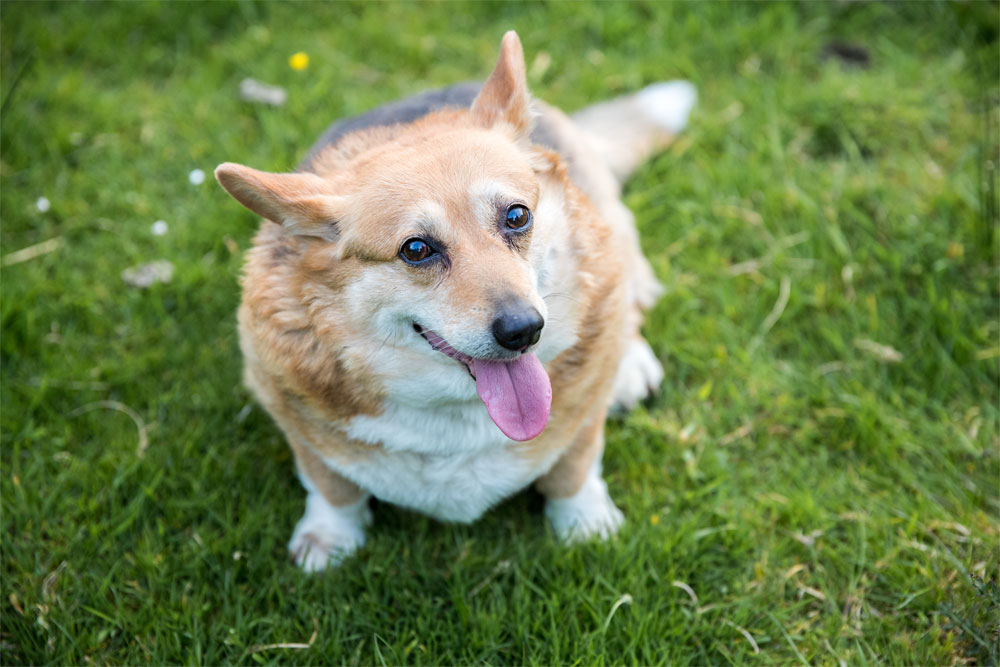
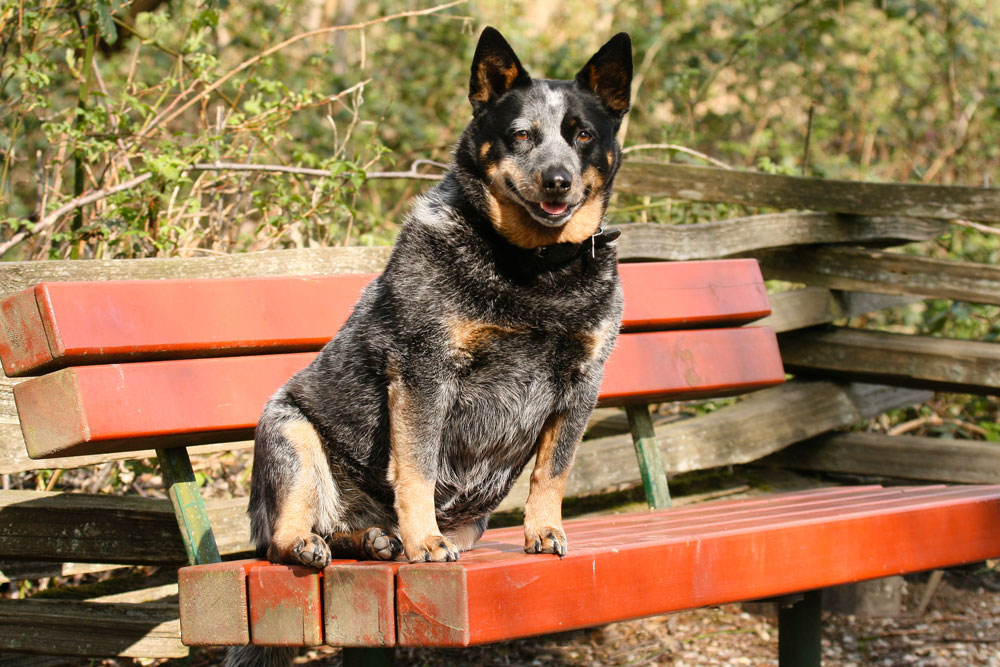
3. Abdominal Tuck
When viewing your pet from the side, there should be an abdominal tuck present.. If there is a flat or bulging shape to the abdomen, then your pet should shed a few pounds.
4.Tailbase Fat
The bones at the base of the tail are easily felt in a healthy-weight pet. If these bones are hard to feel or unable to be felt, then this indicates excessive fat in this area and hence a need for overall weight loss.
5. Disinterest in Physical Activities
Cats and dogs – even seniors – should show some interest in active play. If yours doesn’t or tires quickly, this could indicate that they’re carrying around extra weight. Lethargy can also be a sign of other health problems. If your pet seems unusually tired or inactive, schedule a checkup.
How Obesity Affects Your Pet's Health
A few extra pounds on pets can do major damage to their health. Overweight pets are more likely to suffer from diabetes, cardiovascular disease, respiratory disease, joint disease, liver disease, and other avoidable health problems. They also tend to live much shorter lifespans. Thankfully, your pet’s weight can be easily managed with a balanced diet and regular exercise. If you are interested in finding more information about the importance of a healthy lifestyle for you and your pet, One Health produced a terrific editorial that explores the health correlations between pets and their owners.

Weight Management and Nutritional Counseling for Overweight Pets in Sleepy Hollow
At Sleepy Hollow Animal Hospital, our veterinarians assess weight, body condition score, and fitness during every exam to help our clients keep their pets at a healthy weight. If your pet is overweight or suffering from obesity, we will work with you to develop a nutrition and exercise plan to help your cat or dog shed pounds and get back into shape. If you’re concerned about your pet’s weight or dietary needs, we welcome you to schedule a weight management appointment today.

Is My Pet Overweight? Signs Your Pet Needs to Lose Weight
With their fluffy, round physiques, chubby pets have taken over the internet with cute pictures and their own social media accounts. “Chonky” pets, however, aren’t as cute as the internet would like you to believe. We love all animals and, of course, we think they’re all cute, but obesity is a serious health problem for cats and dogs.
Is My Pet Fluffy or Chubby?
According to a 2018 survey from the Association for Pet Obesity Prevention, an estimated 56% of dogs and 60% of cats in the United States were either overweight or obese.
To determine if your pet needs to lose weight, there are a lot of signs that you might be able to see if you know what you are looking for. The Animal Hospital Association of America (AAHA) has created a chart that can help you determine the healthy weight of your pet, but these general tips can help you determine if your pet needs to lose weight:
1. Shape from above
When viewed from above or the side, both cats and dogs should have an obvious waist. The chest should be the widest part of the body, which should narrow in front of the hind legs. A sausage or rounded shape is a telltale sign of extra weight.
2. Hidden Ribs
You should be able to feel your pet’s ribs. As you run your fingers along their ribcage, there should be a very faint layer of fat overlying the ribs. If there is a thick layer of fat or you can’t feel the ribs at all, then your pet is carrying around too much weight.


3. Abdominal Tuck
When viewing your pet from the side, there should be an abdominal tuck present.. If there is a flat or bulging shape to the abdomen, then your pet should shed a few pounds.
4.Tailbase Fat
The bones at the base of the tail are easily felt in a healthy-weight pet. If these bones are hard to feel or unable to be felt, then this indicates excessive fat in this area and hence a need for overall weight loss.
5. Disinterest in Physical Activities
Cats and dogs – even seniors – should show some interest in active play. If yours doesn’t or tires quickly, this could indicate that they’re carrying around extra weight. Lethargy can also be a sign of other health problems. If your pet seems unusually tired or inactive, schedule a checkup.
How Obesity Affects Your Pet's Health
A few extra pounds on pets can do major damage to their health. Overweight pets are more likely to suffer from diabetes, cardiovascular disease, respiratory disease, joint disease, liver disease, and other avoidable health problems. They also tend to live much shorter lifespans. Thankfully, your pet’s weight can be easily managed with a balanced diet and regular exercise. If you are interested in finding more information about the importance of a healthy lifestyle for you and your pet, One Health produced a terrific editorial that explores the health correlations between pets and their owners.

Weight Management and Nutritional Counseling for Overweight Pets in Sleepy Hollow
At Sleepy Hollow Animal Hospital, our veterinarians assess weight, body condition score, and fitness during every exam to help our clients keep their pets at a healthy weight. If your pet is overweight or suffering from obesity, we will work with you to develop a nutrition and exercise plan to help your cat or dog shed pounds and get back into shape. If you’re concerned about your pet’s weight or dietary needs, we welcome you to schedule a weight management appointment today.








